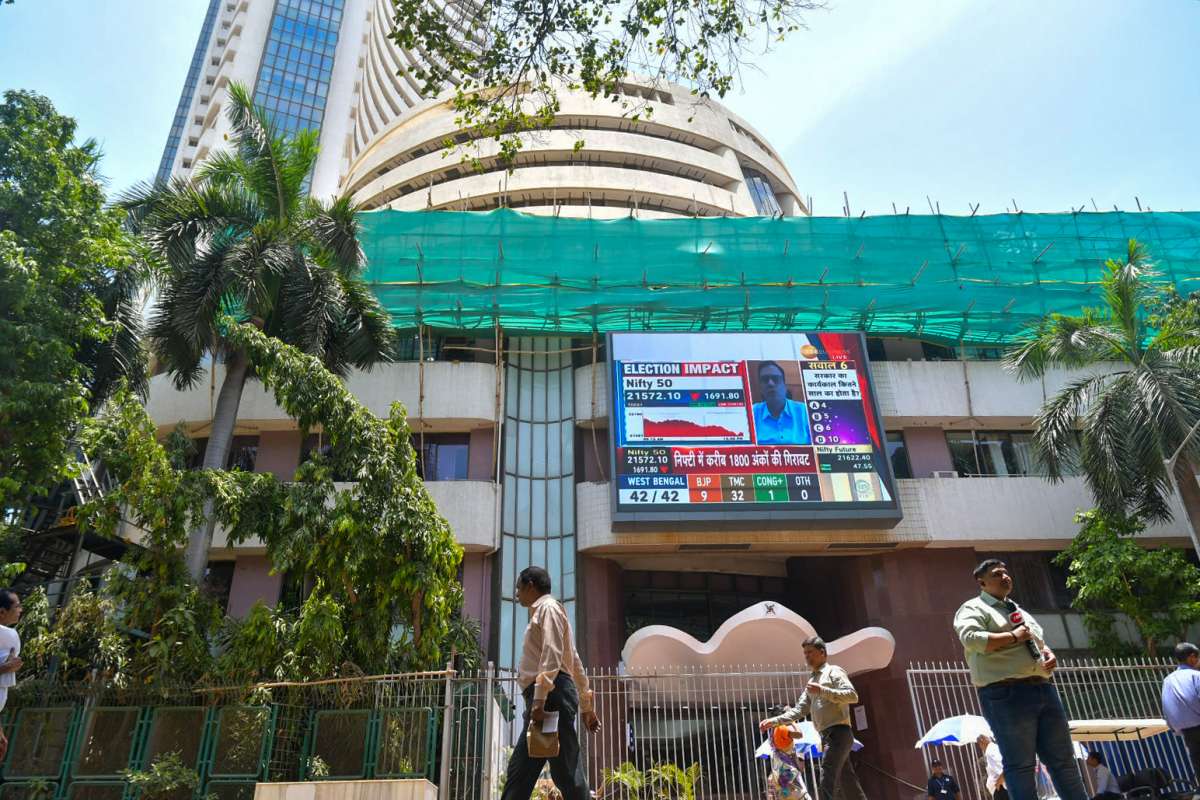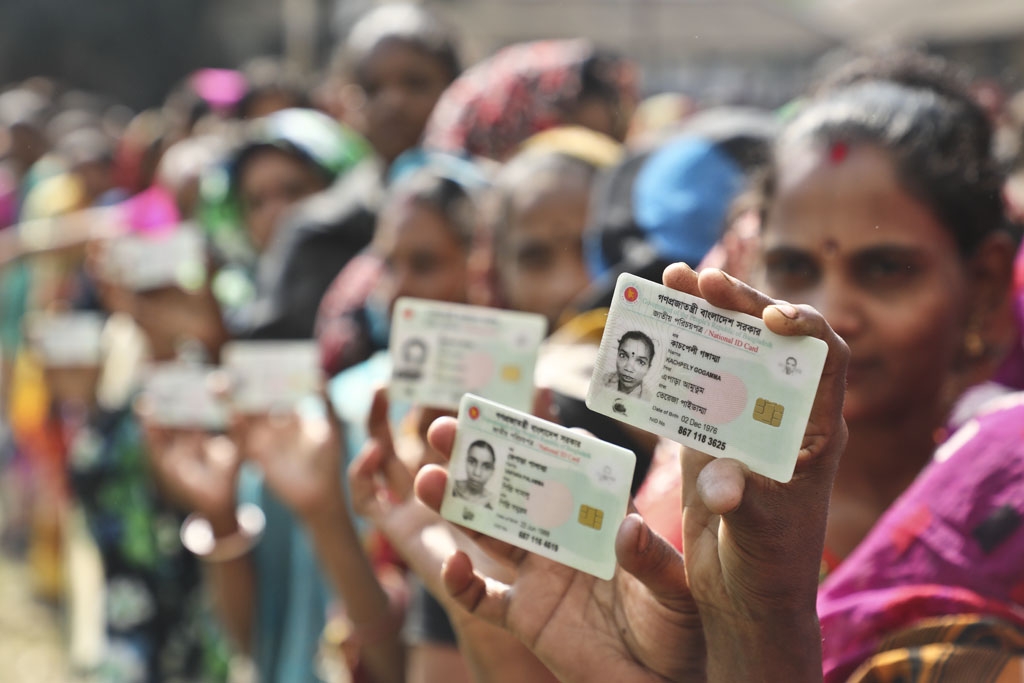Among countries going to polls will be 15 African nations, nine American nations, 11 Asian nations, 22 European nations, and four countries in Ocenia…reports Asian Lite News
As 2023 draws to a close, the world is gearing up to a host of elections that are slated to be held in various countries in the coming year. As many as 70 elections across 40 countries will take place in 2024, and their global implications are worth looking out for to chart the course of the coming decade.
In what will be the greatest election year in history, close to half the world’s population will be affected by electoral events in 2024. This indicates that certain policy changes may be expected, as well as have a bearing on geopolitical dynamics between nations that will shape the world order.
Among countries going to polls will be 15 African nations, nine American nations, 11 Asian nations, 22 European nations, and four countries in Ocenia. Besides, the European Union and United Nations Security Council elections will also be held — one election each for Africa, one for the Asia-Pacific Group, one for Latin America and the Caribbean, and two for the Western European and others group.
However, four major elections will be most keenly watched for the impact they will have internationally. These are the four largest political entities in the world, housing nearly 2.3 billion people, and with a GDP of approximately $42 trillion.
Russia will hold presidential polls in March to select a head of state to reign until 2030. Between April and May, India will hold its general elections for a government that will lead the country until 2029. In June and July, the European Union will hold bloc-wide elections that will result in a new European Commission. The US will also hold the biannual legislative elections and presidential elections in November.
Additionally, Taiwan’s presidential election scheduled for January 2024 is also keenly observed in the wake of strained China-Tiwan relations. China is pivotal to Taiwanese elections, as candidates align with pro-nationalist or mainland-leaning positions.
If the opposition wins, tensions between Taiwan and China could ease in the short run, economic integration across Taiwan Strait being a possibility. However, the long-term concern about Taiwan’s future will remain unresolved.
In Europe, besides the election of a new EU Commission following parliamentary elections, elections will also take place in former member, the UK, where indications are that the Conservatives are likely to lose power after leading the government for 14 years. It is expected that the electoral dynamics in one country will have knock-on impacts elsewhere, resulting in economic difficulties.
Also, notwithstanding issues such as climate, tech regulation and energy, protectionism will likely continue. The EU budget will be under pressure and affect spending policies on agriculture, structural funds and defence. Further, Ukraine will remain an issue.
India and the world eagerly look forward to the Lok Sabha elections when nearly one billion Indians will cast their vote as the Narendra Modi-led BJP government seeks to return to power for a third consecutive term. However, internationally, Modi’s image may be affected by the Hindu nationalism of the BJP.
The American election is important for the impact on Western unity and for its policy on West Asia and Russia.
In Russia, President Vladimir Putin may be inclined for his fifth presidential term, after 23 years in power as president and prime minister, in elections that will be held in March (with a run-off in April, if needed) and will coincide with Ukraine’s presidential election.
The Russian elections may not throw up any surprises as any credible alternative to Putin is largely absent but the electoral dynamics, including protests, may indicate the mood of the people amidst conflict and sanctions.
Celebrating the spirit of democracy, Mexico might get its first woman president in the June elections, creating history in Mexico’s male-dominated political landscape. Former Mexico City mayor Claudia Sheinbaum is running on behalf of outgoing president Andres Manuel Lopez Obrador’s Morena party.
The two continents with the largest number of countries voting in 2024 are Europe (37) and Africa (18), though they could hardly be further apart in the Democracy Index. The Middle East and North Africa is the region with the lowest overall score (3.3), while sub-Saharan Africa is not much better (4.1). African countries with a combined population of over 330m, including Algeria, Ghana and Mozambique, will hold elections. The biggest will be in South Africa, home to more than 60m people. A divided and weak opposition means that, despite a series of corruption scandals, the ruling African National Congress is almost certain to win again.
Western Europe, meanwhile, scores highly in the index with an average of 8.4. The European Parliament elections in June will bring the issue of migration to the fore. The EU is on track to receive over 1m asylum applications this year, the most since a rush of arrivals in 2015-16. Many European politicians and voters see the influx of migrants as a threat, despite a mounting shortage of workers. The elections may shift the Parliament to the right as voters opt for parties calling for stricter controls on immigration.











